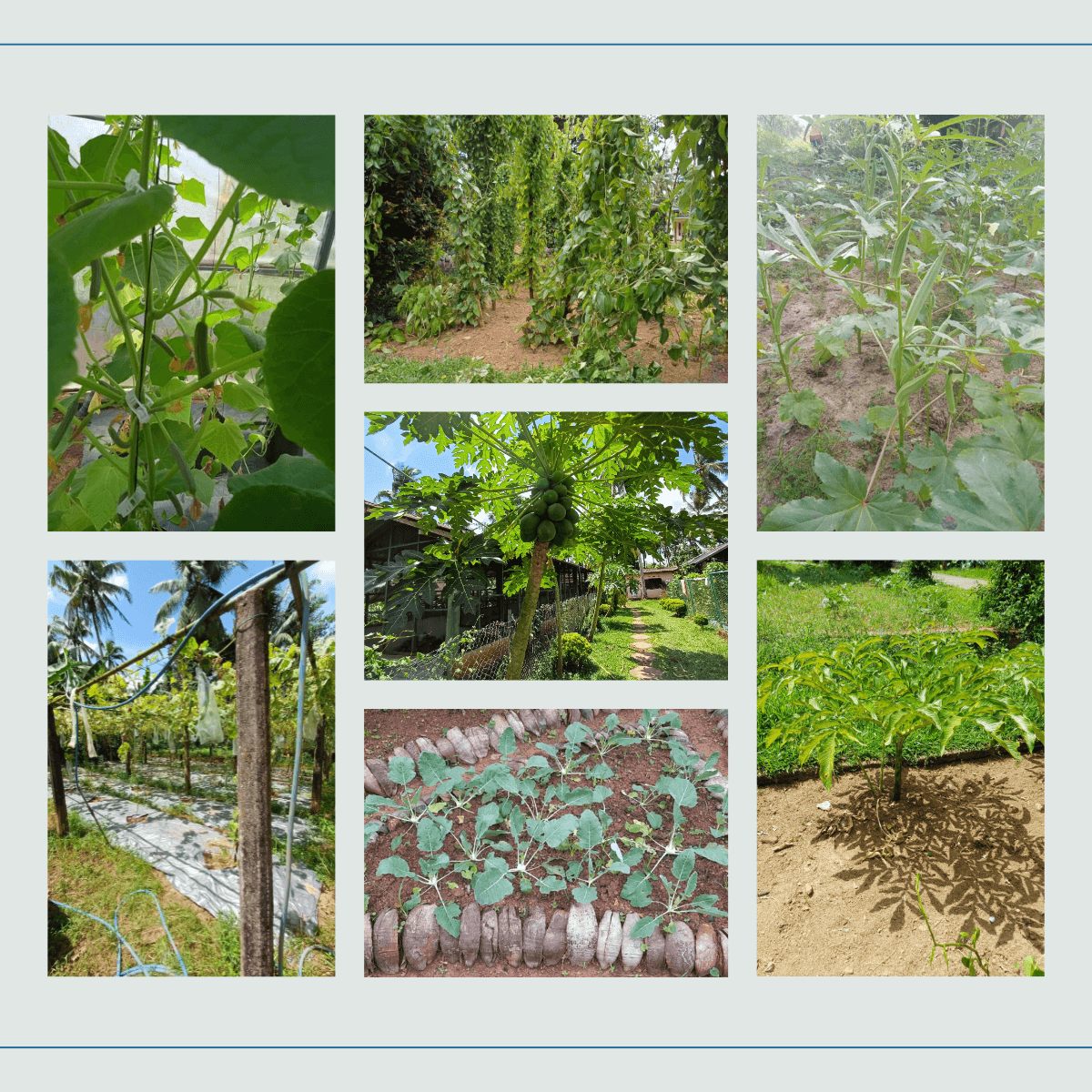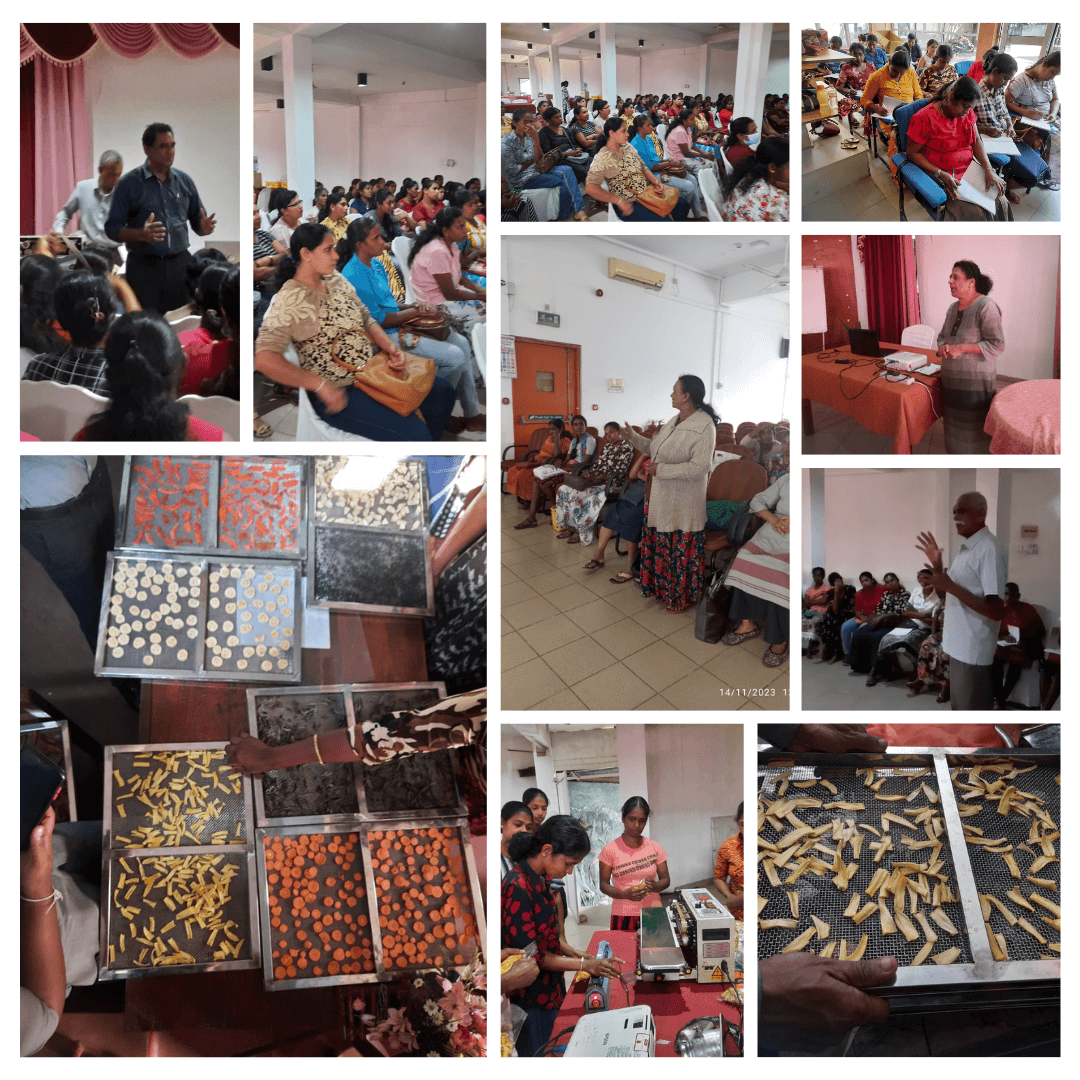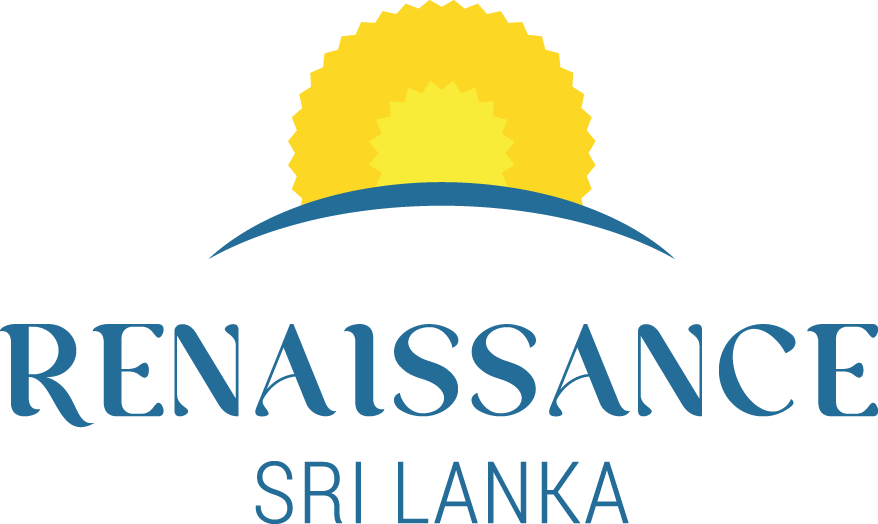Sustainable Development in Sri Lanka: Bridging Awareness and Practice for a Healthier Future
Since 2015, the global community has made significant strides towards fostering sustainable development. This commitment is evident in landmark agreements such as the Sustainable Development Goals (SDGs) of the 2030 Agenda for Sustainable Development, the Paris Agreement on Climate Change (COP 21), and the Sendai Framework for Disaster Risk Reduction. These initiatives have heightened awareness about sustainable production and consumption practices worldwide. Sri Lanka, a nation with rich cultural heritage and biodiversity, is no exception to this trend. However, despite strong governmental messaging and support from consumer networks and other interest groups, the adoption of sustainable practices in Sri Lanka has been slower than anticipated over the past few years.
The promotion of sustainable consumption practices in Sri Lanka faced several challenges. A significant obstacle has been the availability and cost of « guilt-free » food produced in an environmentally friendly manner. These products often come at a higher price, which can deter consumers from making sustainable choices. Additionally, many consumers continue to engage in convenient but unsustainable purchasing and consumption habits. This reluctance to change is partly due to a lack of strong policy support, despite the initial enthusiasm for sustainable practices.
With the advent of a new government, there is renewed emphasis on ecology, sustainability, and informed consumer choices. However, despite increased awareness, the practical application of this knowledge remains weak. The low ratio of practice to awareness indicates that while consumers are informed about sustainable practices, they are not consistently incorporating them into their daily lives.
One critical issue that has been identified is the nutritional quality of food produced and consumed. Modern agricultural practices often prioritize yield over nutritional value. For example, heirloom varieties of fruits and vegetables, which are richer in nutrients, are being replaced by hybrid varieties that produce larger quantities but are nutritionally inferior. This shift means that consumers must eat more to achieve the same nutritional benefits, ultimately leading to higher consumption and spending.

High nutritional quality organic vegetables and fruits © Renaissance Sri Lanka
A stark illustration of this issue is seen in the case of apples. Today, it takes five portions of a modern apple to match the nutritional content of one portion of an heirloom apple. This situation not only affects the consumer’s health but also their wallet, as they are effectively paying more for less nutrition. The problem is exacerbated by farmers who focus on growing high-yield crops that lack nutritional density, thereby perpetuating a cycle of poor nutrition and increased food consumption.
Addressing Sri Lanka’s food crisis requires a dual approach, focusing on both supply and demand. While improving the supply of nutritious, sustainable foods is essential, it is equally important to foster a demand for these products among consumers. This can be achieved through several strategies:
- Policy Support: Stronger policy measures are needed to support sustainable agricultural practices and ensure the availability of nutritionally rich foods. This includes subsidies for farmers who grow heirlooms and organic varieties and regulations that promote sustainable farming techniques.
- Consumer Education: Educating consumers about the nutritional differences between heirloom and hybrid varieties, as well as the long-term benefits of sustainable consumption, can help shift purchasing habits. Public awareness campaigns and nutrition education in schools can play a crucial role in this effort.
- Economic Incentives: Making guilt-free foods more affordable through subsidies and price controls can encourage consumers to make healthier choices. Additionally, creating economic incentives for farmers to grow nutritious crops can help align supply with demand.
- Community Initiatives: Grassroots movements and community-based initiatives can also drive change. By supporting local farmers’ markets and cooperatives that focus on sustainable and nutritious foods, communities can build a more resilient and health-conscious food system.
- Research and Innovation: Investing in research to improve the nutritional quality of crops and develop new sustainable farming techniques can help address both supply and demand issues. Innovations in food technology and agriculture can lead to more efficient and sustainable food production systems.
How Renaissance Sri Lanka is Pioneering the Shift to Organic Agriculture in Sri Lanka
Renaissance Sri Lanka, in collaboration with the Women Development Center, has successfully completed a project aimed at empowering Sri Lankan women by teaching preservation techniques. This initiative not only equipped participants with valuable skills but also emphasized the significance of organic food. The project highlighted the benefits of gluten-free products, such as dried fruits and vegetables, in promoting a healthier lifestyle and creating sustainable economic opportunities for women. Read more here

Ladies during the training sessions © Renaissance Sri Lanka and Women Development Center
The project was designed to address two primary objectives: enhancing food security through preservation techniques and empowering women economically by enabling them to produce and market organic, gluten-free products. The training sessions covered a range of preservation methods, including drying, which is a simple yet effective technique to extend the shelf life of fruits and vegetables without using any chemical.
One of the key components of the training was the focus on organic food. Organic produce is free from harmful pesticides and chemicals, making it a healthier choice for consumers. By promoting organic farming practices, the project aimed to improve the health of the local community and protect the environment. Participants learned about the benefits of organic food, including its higher nutritional value and positive impact on overall well-being.

Dried fruits and vegetables produced by trained women © Renaissance Sri Lanka and Women Development Center
The training emphasized the production of gluten-free products, specifically dried fruits and vegetables. Gluten-free diets are essential for individuals with celiac disease or gluten intolerance, but they also offer health benefits for the general population. Dried fruits and vegetables retain most of their nutritional content and provide a convenient, healthy snack option. The process of drying not only preserves the food but also enhances its flavor, making it an attractive product for the market.

Gluten-free products produced by trained women © Renaissance Sri Lanka and Women Development Center
By teaching preservation techniques and the importance of organic, gluten-free products, Renaissance Sri Lanka and the Women Development Center have opened new economic opportunities for women. The skills acquired during the training enable participants to produce high-quality products that can be sold in local and international markets. This empowerment initiative is crucial in fostering economic independence and improving the standard of living for women and their families.
The collaboration between Renaissance Sri Lanka and the Women Development Center has demonstrated the transformative potential of preservation techniques and organic food production. By focusing on gluten-free products, the project has addressed important health and economic issues. Empowering women through such initiatives not only benefits the individuals involved but also contributes to the overall development of the community. Renaissance Sri Lanka remains committed to supporting similar projects in the future, continuing to drive positive change and sustainable growth in Sri Lanka.
Conclusion
In conclusion, Sri Lanka stands at a crossroads in its journey towards sustainable development. While awareness of sustainable consumption practices has increased, the challenge lies in translating this awareness into action. By addressing both supply and demand factors, Sri Lanka can build a healthier, more sustainable future for its people. The commitment to sustainable development, as outlined in global agreements like the SDGs, the Paris Agreement, and the Sendai Framework, provides a strong foundation for these efforts. It is now up to the government, consumers, and other stakeholders to work together to realize this vision.
Reference
Hector Kobbekaduwa Agrarian Research and Training Institute. Roadmap for Converting Sri Lanka to organic farming Accessed May 2024




